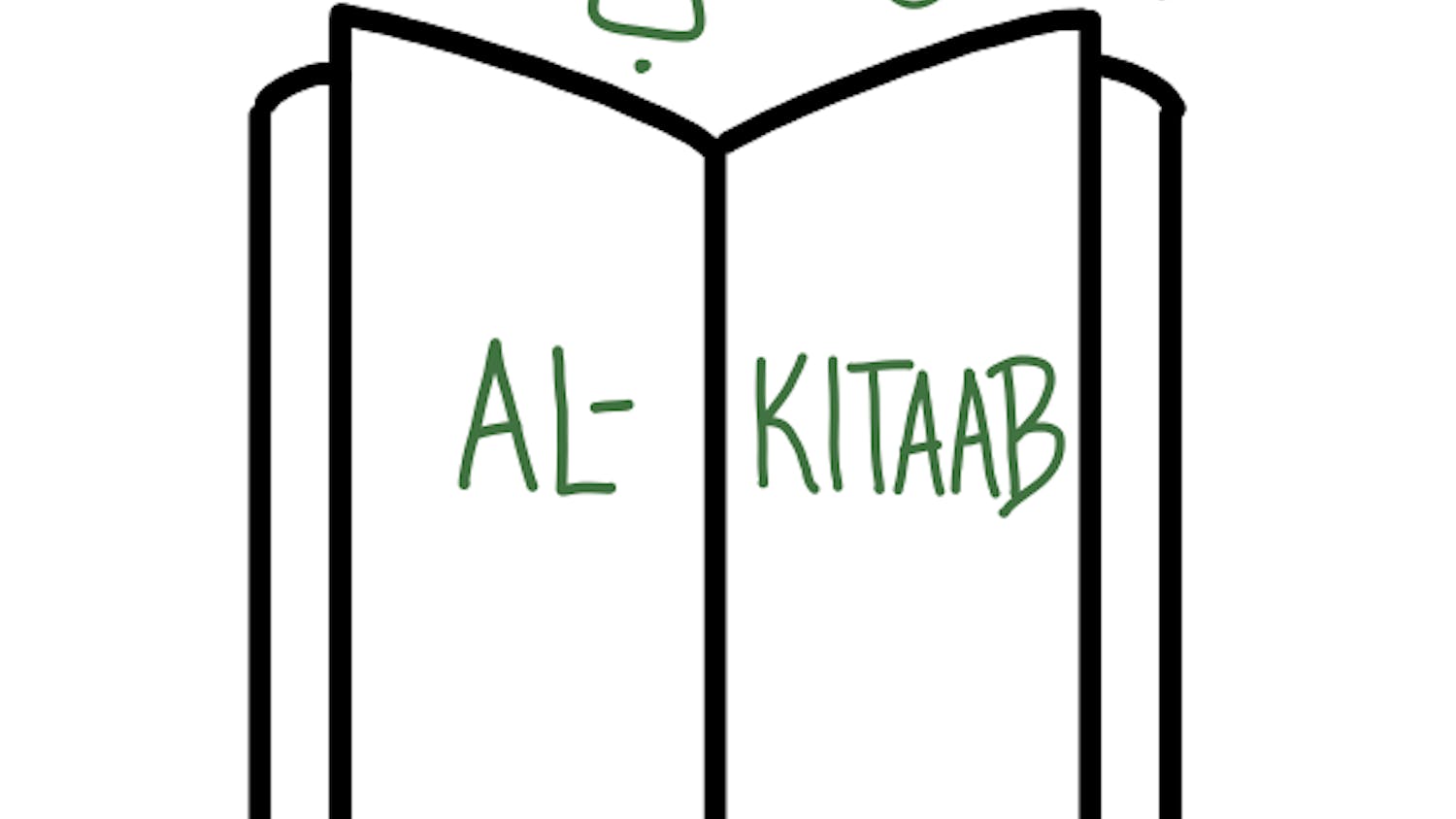بعد أكثر من ٦ شهور على وجودي في ميدلبري، أمور كثيرة افتقدها في الأردن، وعندما أقول الأردن لا أعنيه بالتحديد، بل أعني البلاد العربية بشكل عام التي تشترك بالكثير من العادات.
وقررت تحويل هذا الشوق إلى باب أفتح من خلاله الفرصة لنقل جزء من ثقافتي، إذ إنّ هذا السبب الرئيسي لوجودي هنا.
سأحاول في هذه الزاوية الأسبوعية تقديم عبارات عربية مشهورة، وألحقها بسياقات الاستخدام.
سأبدأ مع عبارة إن شاء الله التي من الممكن أن أقول بفم مليء أنّ يوماً لن يمرّ على الكثيرين في الوطن العربي دون استخدامها...
والتي تعني لغوياً أنّ حصول هذا الأمر من عدم حصوله مرتبط بإرادة الله، أما ثقافياً فقد تعني أمرين أولهما: بالتأكيد، والآخر: هذا لن يحصل أبداً، وهذا يعتمد على حظك مع الشخص الذي يستخدمها ومدى صدقه، والسياق بشكل عام.
فإذا كنت في شارع في الأردن ورأيت صديقاً بالصدفة، وأخبرته لنتناول العشاء سوياً وقال: إنْ شاء اللّه ومضى، فهذا يعني الخيار الثاني، أما إذا قال إن شاء اللّه وألحقها، بالتأكيد الساعة ٦ مساء في مطعم هاشم (أحد مطاعم عمّان المشهورة)؟ فبالطبع إنه جاد .
كما أنها عبارة موجودة في بعض اللغات التي نقلت لها من العربية مثل العبارة الإسبانية أوهالا أو أوجالله.
After more than six months for me at Middlebury, I miss many things in Jordan. When I say Jordan, I mean the Arab countries in general, which share many customs and habits.
I decided to turn this longing for home into a door through which I might open the opportunity to pass on a part of my culture to those who might be interested. This is the main reason I am here.
In this weekly column, I will try to present famous Arabic phrases and describe their meanings and the ways in which they are commonly used.
I will start with “Inshallah”, a phrase about which I can certainly say many people in the Arab world will not have a day without using a couple times.
Literally translated, it means ”if God wills.” As for its cultural and semantic definition, it may mean two things. The first: “certainly” and the second: “that will never happen.” This depends on your luck with the person who uses it, his honesty and the context in general.
If you were walking in a street in Jordan, saw a friend by chance and asked them to have dinner with you, they might say “Inshallah”. This could mean one of two things. If he did not add any other details then this most likely means it will never happen. If instead he says, ”Inshallah,” and he follows it with, “sure, at 6 p.m.?” then of course, he is serious.
It is also a phrase found in some languages that were influenced by Arabic, such as the Spanish phrase “Ohala” or “Ojalla”.
Despite these differences in the meaning of “Inshallah”, it is a very important phrase in the Arab world, and I hope that people will use it in the second, more positive way.
Maryait Khader is the Teaching Assistant in Arabic


